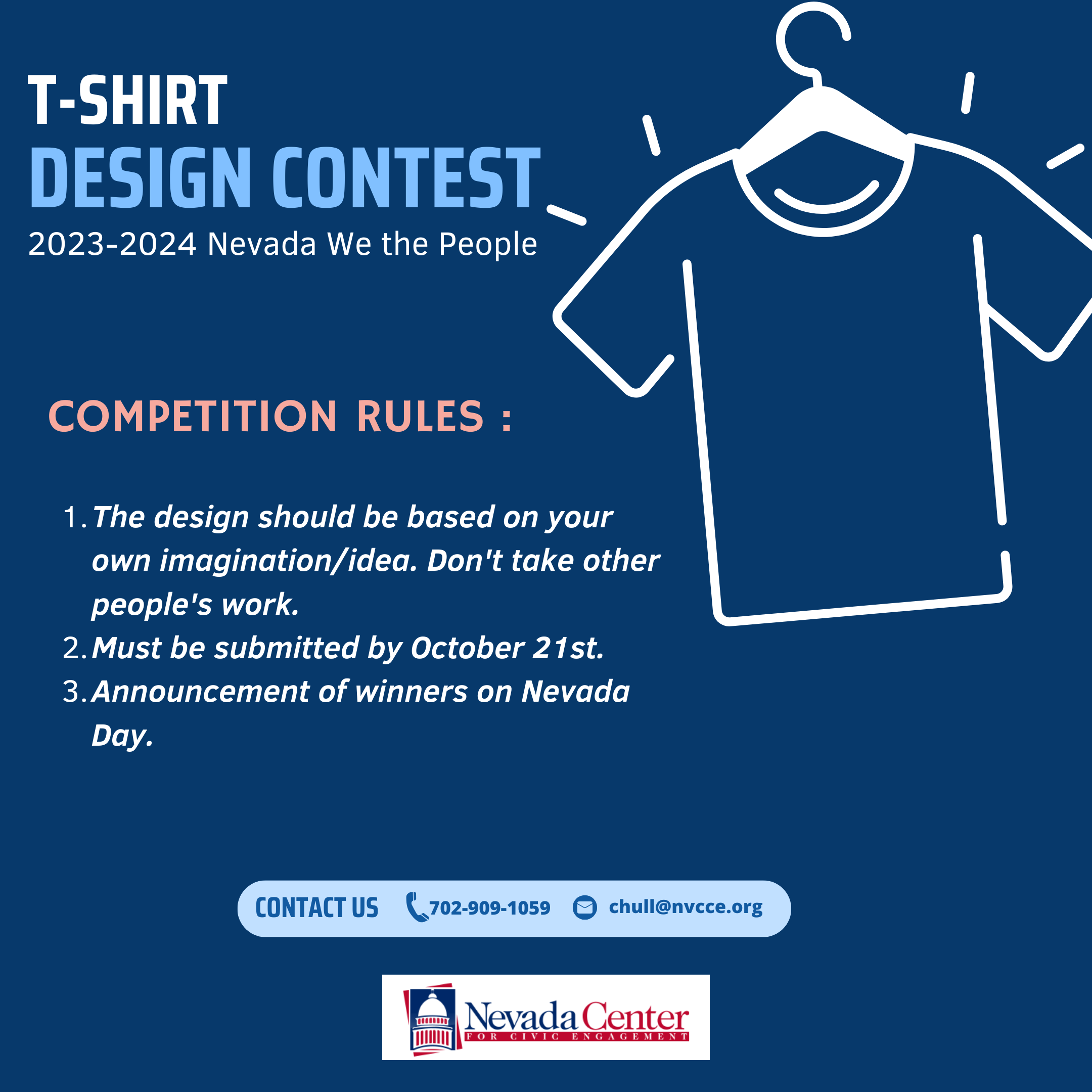Aktivní vzorky soutěže
Competitions are a fantastic way to engage communities, motivate creativity, and encourage collaboration. Whether it’s for a design, writing, or any other creative field, active samples of competitions play a crucial role in inspiring participants. In this article, we’ll explore various aspects of active competition samples, their importance, and tips for effective participation.
Did you know that according to a recent survey, over 70% of participants in creative competitions report increased motivation and improved skills? This statistic highlights the positive impact of competitions on personal and professional development.
As we dive in, readers will gain insights on:
- Types of active competition samples
- Best practices for creating your entries
- How to professionally engage with competitions
- Case studies of successful competition entries
Now, let’s transition into the various aspects of active competition samples that make them essential for both the participants and the organizers.
Understanding Active Competition Samples
Active competition samples refer to the actual entries and submissions made by participants in various competitions. These samples can include designs, writings, or projects that are directly related to the competition theme.
These samples serve multiple purposes:
- They provide a benchmark for new participants.
- They inspire creativity and innovate thinking.
- They showcase talent and proficiency in specific skills.
Moreover, active competition samples play a pivotal role in establishing the standards and expectations of each competition. This not only helps participants understand what’s required but also helps judges evaluate submissions fairly and effectively.
Types of Active Competition Samples
There are many types of active competition samples depending on the nature of the competition:
Design Competitions
In design competitions, samples can be logos, clothing designs, or digital artworks. For instance, the  serves as an excellent example for aspiring designers.
serves as an excellent example for aspiring designers.
Writing Competitions
For writing competitions, active samples might include short stories, essays, or poems that exemplify creativity and mastery of language.
Photography Competitions
In photography competitions, participants often present their best work in various categories, from landscapes to portrait photography.
Best Practices for Creating Entries
To make a successful entry in any competition, consider the following best practices:
Research the Competition
Understanding the theme and guidelines of the competition is vital. This informs how you shape your entry and directs your creative process.
Engage with the Community
Join forums or groups related to the competition. Engaging with fellow participants can provide valuable insights and feedback.
Own Your Style
While it’s essential to follow competition guidelines, don’t shy away from incorporating your unique voice and style into your work.
How to Professionally Engage with Competitions
Entering a competition isn’t just about submitting an entry; it’s about building a professional reputation. Here’s how:
Network with Judges and Participants
Making connections can open doors to future opportunities. Engaging with judges and other participants can help build your network.
Follow Up
After the competition, don’t hesitate to reach out to judges or organizers for feedback. Constructive criticism is key to personal growth.
Case Studies of Successful Competition Entries
Let’s look at a couple of case studies of individuals who excelled in competitions:
Design Example
A designer participated in a local fashion competition, using innovative materials. Her sample entry became a benchmark for future competitions and inspired many new designers.
Writing Example
An aspiring writer entered a national short story competition, winning with a poignant narrative that resonated with themes of resilience and hope, earning her recognition and multiple publishing offers.
Conclusion
Active samples of competitions are not merely entries; they represent the creativity and talent of individuals striving to make their mark. Whether you are a designer, writer, or photographer, leveraging these samples can significantly elevate your competitive edge. Remember to research, engage with the community, and embrace feedback as you navigate through the competitive landscape.
For further reading, feel free to check out the articles on creativity in competitions or best practices for design entries.
